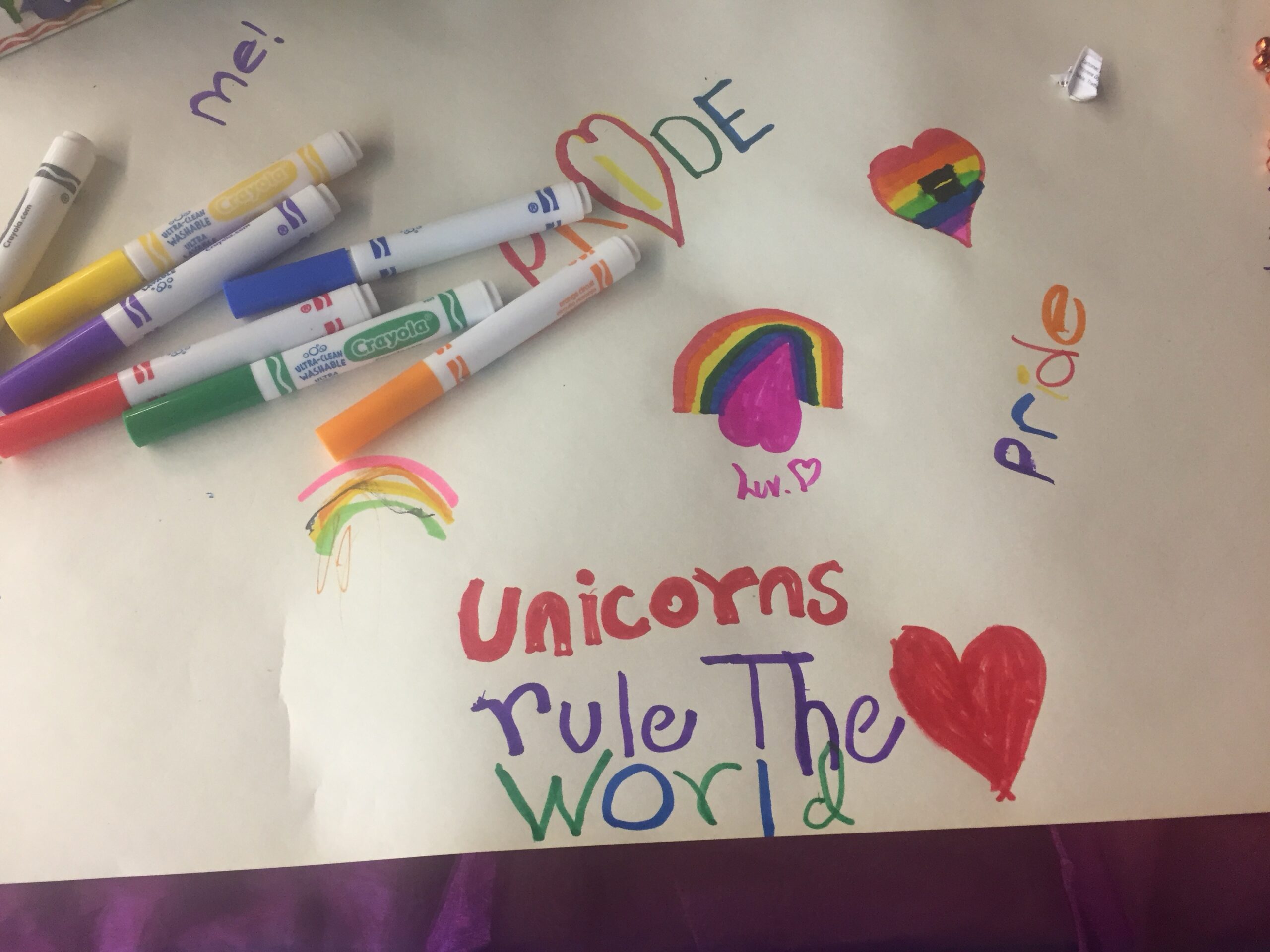. . . and gender
Throughout RCT, there has been a focus on how we co-construct our growth through relationships. Jean Baker Miller’s Toward a New Psychology of Women emphasized the role of relational and cultural context in shaping our lives. She challenged the cultural forces that were hurting marginalized populations, particularly women, as well as the strength with which many adapted. She argued that traditional psychological theories failed to consider the impact of social inequalities on our wellbeing.
As her theory developed into Relational Cultural Theory (RCT), more attention was afforded to the cultural oppression, systemic disconnection, and the importance of connection to all people.
Gender and Power
RCT pays particular attention to power in relationships, offering the idea of power-with, naming empowerment as one of the Five Good Things of a growth-fostering relationship. Unnamed power-over is one of the cultural forces that impede our connections, and our well-being.
Honoring diverse gender identities is one way we address power differences and challenge harmful cultural norms. This not only benefits transgender, non-binary, and gender expansive (TNBGE) people, it contributes to a broader shift towards inclusivity and diversity.
In applying RCT to TNBGE people, we can be tempted to note that gender is a construct, that a binary and rigid understanding of it hurts all genders. Sometimes that leads to wondering if gender affirming care is propping up a harmful construct, prolonging our exposure to the patriarchy.
Eventually, you can’t help but figure out that, while gender is a construct, so is a traffic light, and if you ignore either of them, you get hit by cars. Which, also, are constructs.” — Imogen Binnie
At one time, the idea of “colorblindness” was promoted as a way to overcome racism. We now acknowledge the impact ignoring racism and white supremacy have on Black, Indigenous, People of Color (BIPOC). Ignoring racism allows it to continue. (It also allows white people to avoid taking responsibility for benefitting from racism throughout history). TNBGE people will exist as long as we have gender, and right now, we’ve got gender.
RCT teaches us that growth happens in the fertile soil of empathy, respect, and mutual empowerment. In the context of gender, this means creating a therapeutic space that honors each person’s self-defined identity. Just as RCT challenges the cultural imperatives of individuation that isolate marginalized people, it challenges us to expand our understanding of human connection beyond the gender binary.

